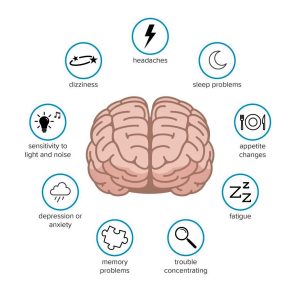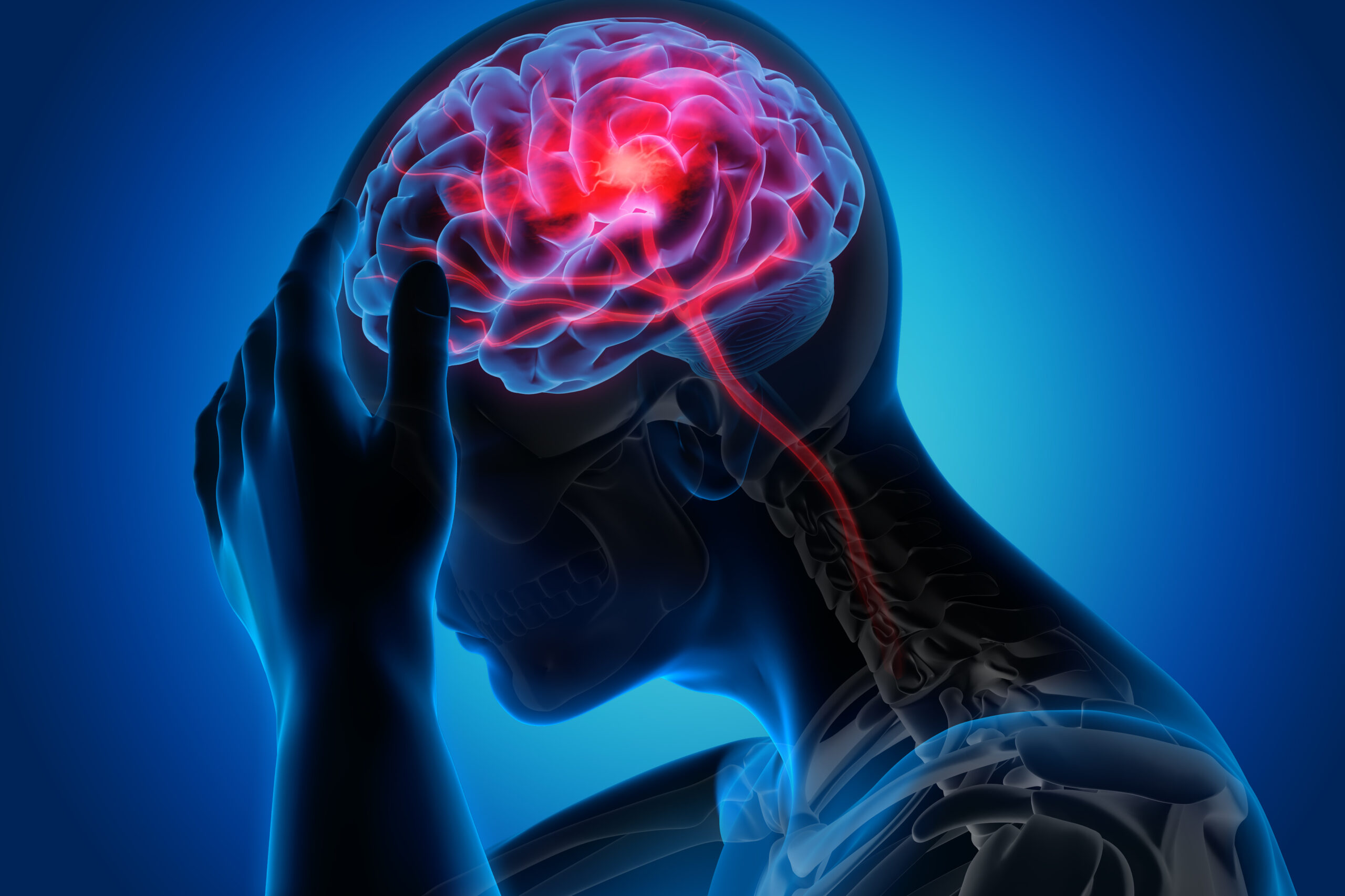Introduction
Concussions, often referred to as mild traumatic brain injuries, can occur as a result of a bump, blow, or jolt to the head. While they are considered mild, the consequences of neglecting a concussion can be severe. Recognizing the signs and symptoms of a concussion is crucial for prompt diagnosis and appropriate management. In this comprehensive guide, we’ll delve into the various indicators to watch for after experiencing head trauma. Explore your Health About (Warning Signs of Dangerous Health Conditions)
Recognizing Concussion Symptoms
1. Loss of Consciousness
One of the most apparent signs of a concussion is a loss of consciousness, albeit it doesn’t always occur. If an individual loses consciousness following a head injury, it’s imperative to seek medical attention immediately.
2. Headache and Pressure in the Head
Post-head injury, individuals commonly experience persistent headaches or sensations of pressure in the head. This discomfort may vary in intensity and can last for an extended period.
3. Dizziness and Balance Issues
Concussions frequently manifest with dizziness and balance disturbances. If you or someone you know struggles to maintain balance or feels dizzy after a head injury, it’s essential to take it seriously.

What to Watch for in the Following Hours and Days
1. Concussion Difficulties
Following a concussion, individuals may encounter cognitive impairments such as difficulty concentrating, memory problems, and slowed thinking. These issues may become more apparent in the hours or days post-injury.
2. Sensory Changes
Changes in sensory perception, such as sensitivity to light or noise, blurred vision, or ringing in the ears, can indicate a concussion. These symptoms may arise shortly after the injury or develop gradually.
3. Mood Swings and Emotional Disturbances
Concussions can also affect mood stability, leading to irritability, sadness, anxiety, or unexplained emotional swings. Monitoring these changes in emotional well-being is crucial for identifying potential concussions.
When to Seek Medical Attention
1. Persistent or Worsening Symptoms
If any of the aforementioned symptoms persist or worsen over time, seeking medical attention is paramount. Delayed treatment can exacerbate the condition and lead to long-term complications.
2. Loss of Consciousness
Even if brief, any loss of consciousness warrants immediate medical evaluation. It’s essential to rule out more severe head injuries and ensure appropriate management.
3. Signs of Neurological Deficits
Any signs of neurological deficits, such as weakness, numbness, seizures, or difficulty speaking, should not be ignored. These symptoms may indicate more severe brain injury and require urgent medical intervention.

Concussion Symptoms vs. Need for Medical Attention
| Symptoms | Action Needed |
|---|---|
| Loss of Consciousness | Immediate Medical Attention Required |
| Persistent Headache | Monitor, Seek Medical Advice if Worsening |
| Dizziness and Balance Issues | Monitor, Seek Medical Advice if Persistent |
| Cognitive Difficulties | Monitor, Seek Medical Advice if Worsening |
| Sensory Changes | Monitor, Seek Medical Advice if Worsening |
| Mood Swings | Monitor, Seek Medical Advice if Worsening |
| Signs of Neurological Deficits | Immediate Medical Attention Required |
Conclusion
Spotting a concussion early is crucial for preventing further complications and ensuring proper treatment. By familiarizing yourself with the bolded signs and symptoms outlined in this guide, you can effectively identify and respond to concussions, promoting better outcomes and recovery. Remember, when in doubt, always err on the side of caution and seek medical advice promptly.




